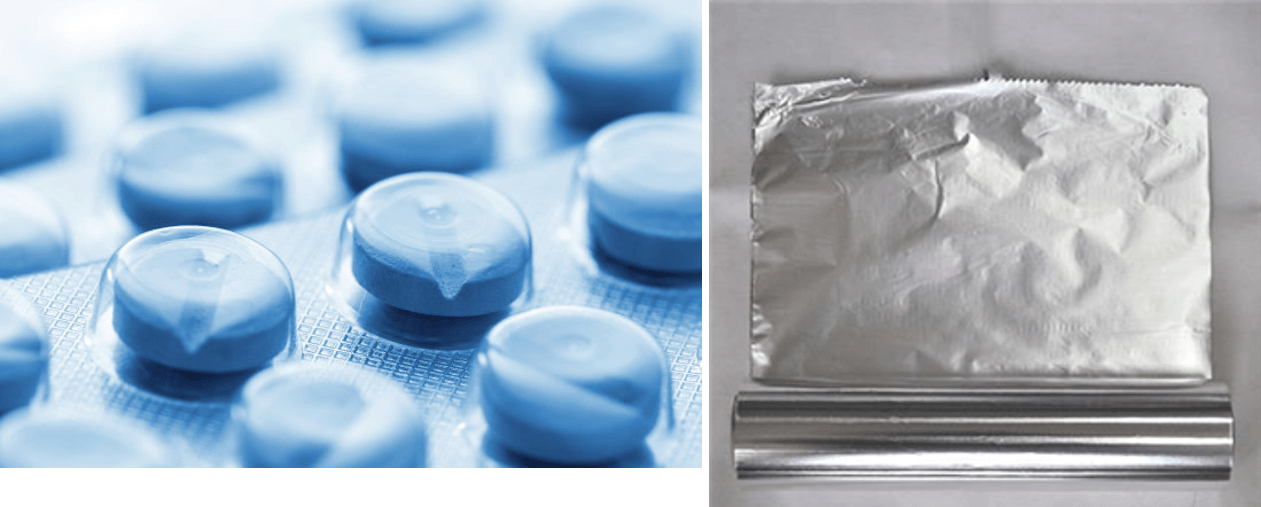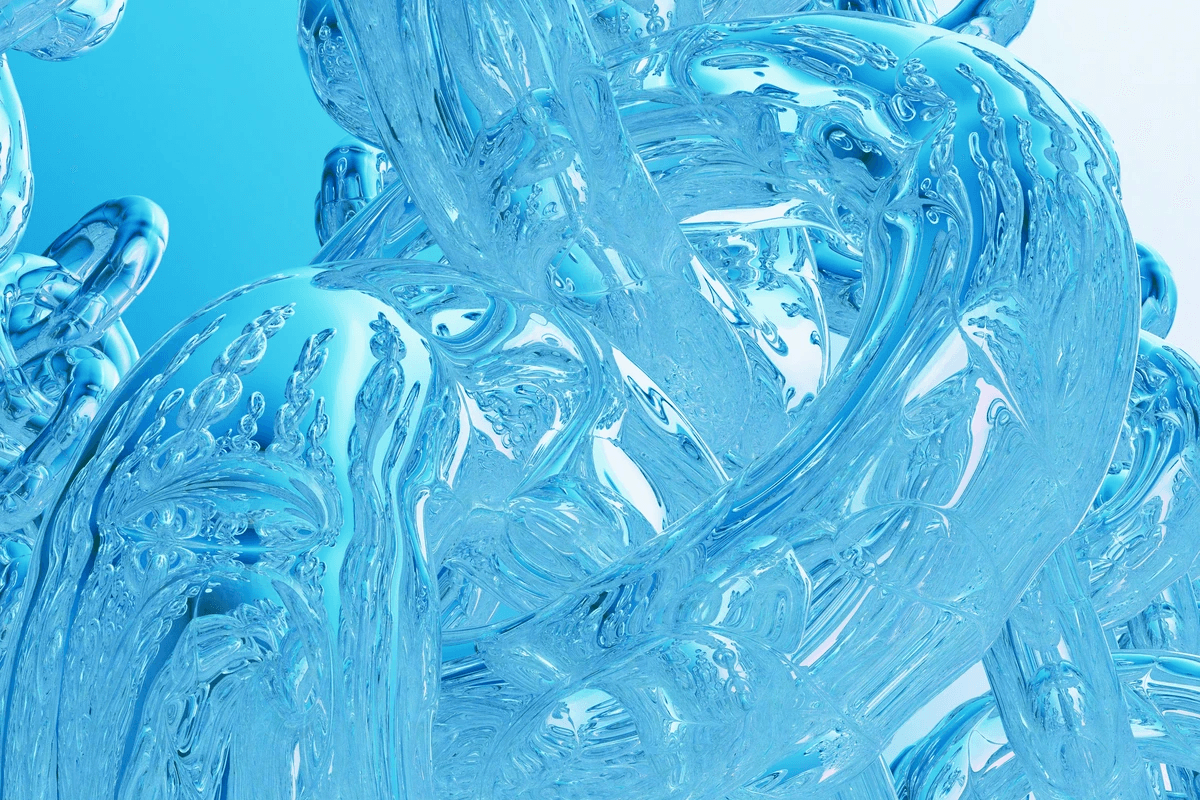Introduction

Understanding Water-Based Glue
Water-based glue refers to adhesives that utilize water as a solvent rather than organic solvents, making them less toxic and more environmentally friendly. These adhesives are composed of polymers dispersed in water, which evaporates during the curing process, leaving behind a strong bond. The appeal of what is the strongest water-based glue lies not only in its effectiveness but also in its user-friendly nature; they can easily be cleaned up with soap and water before they dry.
The Benefits of Water-Based Adhesives
One of the standout advantages of water-based adhesives is their low environmental impact compared to solvent-based options. They emit fewer volatile organic compounds (VOCs), contributing to better indoor air quality and reducing health risks for users. Additionally, these adhesives offer excellent flexibility and adhesion on a variety of surfaces, making them ideal for applications ranging from woodworking to paper crafting—truly showcasing why many are curious about what is a water-based glue.
Exploring Strong Water-Based Glue Options
As we delve deeper into the world of strong water-based glue options, it's essential to consider specific products that have garnered attention for their reliability and strength. From PVA (polyvinyl acetate) formulations often used in crafts and woodworking projects to specialized solutions like water-based laminating adhesive designed for packaging, there’s no shortage of choices available on the market today. Furthermore, exploring niche applications such as using water based glue for aluminum foil highlights just how versatile these adhesives can be in meeting diverse bonding needs.
What is a Water-Based Glue?

Water-based glue has become a cornerstone in various industries, thanks to its versatile applications and eco-friendly nature. But what exactly is water-based glue? Essentially, it’s an adhesive that uses water as its primary solvent, making it less harmful to the environment compared to traditional solvent-based glues.
Definition and Composition
At its core, water-based glue consists of polymer emulsions suspended in water, allowing for easy application and cleanup. These adhesives can be made from various materials, including polyvinyl acetate (PVA), which is one of the most common forms of water-based adhesives. The composition not only contributes to their effectiveness but also makes them safer for both users and the environment.
Common Applications
Water-based adhesives are widely used across multiple sectors including woodworking, paper products, textiles, and packaging solutions like water-based laminating adhesive. They are particularly favored in industries where safety and environmental concerns are paramount because of their low volatile organic compound (VOC) emissions. Additionally, many consumers opt for these adhesives when undertaking DIY projects at home due to their ease of use.
Advantages Over Solvent-Based Glue
When comparing water-based glue with solvent-based options, several advantages stand out. For starters, water-based adhesives tend to be less toxic and produce fewer harmful fumes during application. Furthermore, they offer excellent bonding strength while being easier to clean up with just soap and water—making them a favorite among both professionals and hobbyists alike!
The Strongest Water-Based Glue Options

Evaluating Strength and Durability
To determine what is the strongest water-based glue available, you need to evaluate both its tensile strength and its resistance to environmental factors like moisture and temperature changes. A strong water-based adhesive should provide a firm bond that lasts over time without compromising flexibility or integrity. Additionally, durability is crucial for applications exposed to stress or movement; after all, no one wants their projects falling apart at the seams!
Top Brands and Products
When searching for top brands in the realm of water-based adhesives, several names stand out due to their proven effectiveness and reliability. Products from companies like Titebond offer exceptional PVA formulations that are known for their strength and versatility in woodworking applications. Other notable mentions include Elmer's Glue-All for general use and Gorilla Wood Glue for those seeking robust performance; both are excellent examples of what is a water-based glue can achieve.
Real-World Applications
Water-based glue options shine in various real-world scenarios—from crafting projects to industrial uses—demonstrating their adaptability across multiple fields. For instance, water-based laminating adhesive plays a pivotal role in packaging solutions by ensuring secure seals while maintaining aesthetic quality. Similarly, when it comes to specialized needs like using water-based glue for aluminum foil applications, these adhesives excel by providing effective bonding without compromising the material's integrity.
PVA and Water-Based Glue

What is PVA?
PVA, or Polyvinyl Acetate, is a synthetic polymer that serves as a key ingredient in many water-based glues. It’s known for creating a strong bond when used on porous materials like paper, wood, and fabric—making it ideal for crafts and construction alike. So, when asking What is a water-based glue?, think of PVA as one of the strongest contenders in this category.
Comparing PVA with Other Adhesives
When we stack up PVA against other adhesives, such as epoxy or polyurethane glues, there are some notable differences. While epoxy offers superior strength and durability under extreme conditions, it typically involves solvents that can be less environmentally friendly than our beloved water-based adhesives like PVA. Additionally, while polyurethane can be flexible and waterproof, it often comes with longer drying times compared to the quick-setting nature of many water-based glues like PVA.
Benefits of Using PVA
Using PVA has numerous benefits that make it an appealing choice among water-based adhesives. For starters, it's non-toxic and easy to clean up with just soap and water—perfect for both kids' craft projects and professional applications alike! Furthermore, since it's a water-based glue, you don’t have to worry about harmful fumes or complicated disposal methods; it's genuinely an eco-friendly option that fits well into today’s sustainable practices.
Water-Based Laminating Adhesive

Water-based laminating adhesives are crucial in the packaging industry, providing a reliable and eco-friendly option for bonding materials together. These adhesives play a significant role in enhancing product durability, ensuring that packaging can withstand various environmental conditions. With the growing emphasis on sustainability, water-based laminating adhesive options are becoming increasingly popular among manufacturers and consumers alike.
Importance in Packaging
In the world of packaging, water-based adhesives offer a myriad of advantages that make them indispensable. They not only provide strong bonds but also contribute to improved shelf life by protecting products from moisture and contaminants. Additionally, using water-based glue aligns with environmental standards, helping companies meet regulatory requirements while appealing to eco-conscious consumers.
Top Products on the Market
When it comes to finding what is the strongest water-based glue for laminating applications, several products stand out among the rest. Brands like 3M and Titebond offer high-performance water-based laminating adhesive solutions that cater to diverse needs. These products have been specifically formulated to deliver exceptional strength and durability while remaining user-friendly and safe.
Performance and Environmental Impact
Performance-wise, water-based laminating adhesives excel in providing strong bonds without compromising on flexibility or clarity. They often outperform solvent-based options in terms of drying time and ease of application, making them ideal for high-speed production environments. Moreover, their lower volatile organic compound (VOC) content means they have a significantly reduced environmental impact compared to traditional adhesives—making them a smart choice for sustainable packaging initiatives.
Water-Based Glue for Aluminum Foil

Applications in Packaging
When we talk about water-based glue for aluminum foil, we're diving into a world of innovative uses in packaging. These adhesives are particularly favored in food packaging due to their non-toxic nature and ability to maintain the integrity of the product inside. Additionally, they are used in laminating processes where aluminum foil needs to be bonded with other substrates while ensuring that the final product is both functional and aesthetically pleasing.
Effectiveness and Benefits
The effectiveness of water-based adhesives lies not just in their bonding strength but also in their environmental benefits. Unlike solvent-based options that may emit harmful fumes during application, water-based glue is safer for both users and the environment. Plus, when considering what is the strongest water-based glue available on the market today, many formulations specifically designed for aluminum foil offer exceptional durability and resistance against moisture—perfect for maintaining product quality.
Case Studies and Success Stories
Real-world applications showcase how effective water-based glue can be for aluminum foil bonding. For instance, a leading snack manufacturer switched from traditional adhesives to a high-performance water-based laminating adhesive, resulting in reduced production costs while enhancing product shelf life. Another success story involves an electronics company that utilized these adhesives for aluminum foil components within their devices—demonstrating not only strength but also reliability over time.
Conclusion

In the world of adhesives, choosing the right water-based glue can make all the difference in your projects. With a variety of options available, understanding your specific needs is crucial. Whether you’re looking for strength, versatility, or environmental friendliness, there’s a water-based adhesive that fits the bill.
Choosing the Right Water-Based Glue
When selecting a water-based glue, consider factors such as application type and material compatibility. For instance, if you're wondering “What is the strongest water-based glue?” look for products specifically designed for heavy-duty tasks. Additionally, understanding whether you need a special formulation like a water-based laminating adhesive can help you achieve optimal results.
Different applications might require different strengths and drying times; therefore, it’s essential to read product specifications carefully. If you frequently work with materials like aluminum foil or cardboard, seek out specialized options that excel in those areas. Ultimately, making an informed choice will lead to greater satisfaction with your projects.
Chemix's Water-Based Resin Solution
Chemix offers an innovative range of water-based resin solutions that cater to various adhesive needs while maintaining strong performance standards. Their products are designed with both effectiveness and environmental impact in mind, ensuring that users do not have to compromise on quality for sustainability. This makes Chemix's offerings particularly appealing for those seeking eco-friendly alternatives without sacrificing strength.
One standout feature of Chemix's water-based glue is its versatility; it works well across multiple surfaces including wood and plastics. Customers often rave about its ease of use and clean application process—perfect for both DIY enthusiasts and professionals alike! By choosing Chemix's solutions, users can feel good about their choices while enjoying reliable bonding power.
The Future of Sustainable Adhesives
As we move towards a more environmentally conscious society, the future of sustainable adhesives looks bright—especially in the realm of water-based adhesives. Innovations continue to emerge as manufacturers prioritize eco-friendly formulations that minimize harmful emissions while maximizing performance capabilities. The question Is PVA a water-based glue? often arises in discussions about sustainability since PVA (Polyvinyl Acetate) is widely recognized for its low toxicity and versatility.
Moreover, advancements in technology are paving the way for even stronger formulations without compromising environmental integrity—think enhanced durability combined with easy clean-up! As industries increasingly adopt these sustainable practices, we can expect to see more applications such as effective water-based laminating adhesive solutions gaining traction across various sectors—including packaging and crafts alike!
